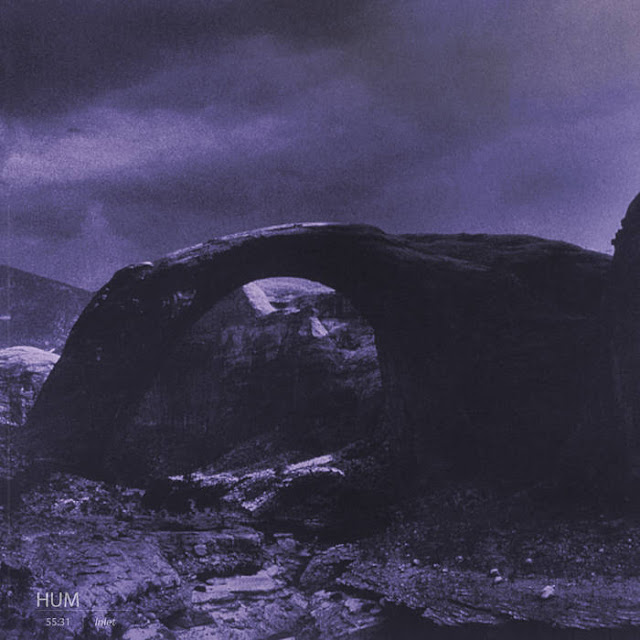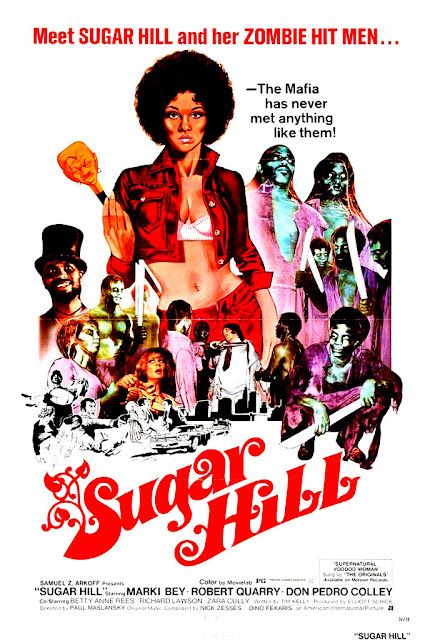Tammy And The T-Rex (1994) ***1/2

Describing the plot of Tammy And The T-Rex (1994) is sort of like telling a bad joke. Per IMDb: An evil scientist implants the brain of Michael, a high school student, into an animatronic Tyrannosaurus. He escapes, wreaks vengeance on his high school tormentors, and is reunited with his sweetheart Tammy. The film plays like a joke too, but one that is so absurdly fun that you can't help but enjoy its campiness (if you're like me, anyway). It has a lot of the same energy as another cult film/play that I love, Psycho Beach Party (2000) (my review here ), with a touch of Frankenhooker (1990) too (minus the nudity). Terry Kiser , of Weekend At Bernie's (1989) fame, plays the evil scientist, Paul Walker is Michael, and the titular (sorry not sorry) character is, um...brought to life by Denise Richards (who is actually pretty charming at times). John Franklin (Isaac from Children Of The Corn (1984)) is also o...
























